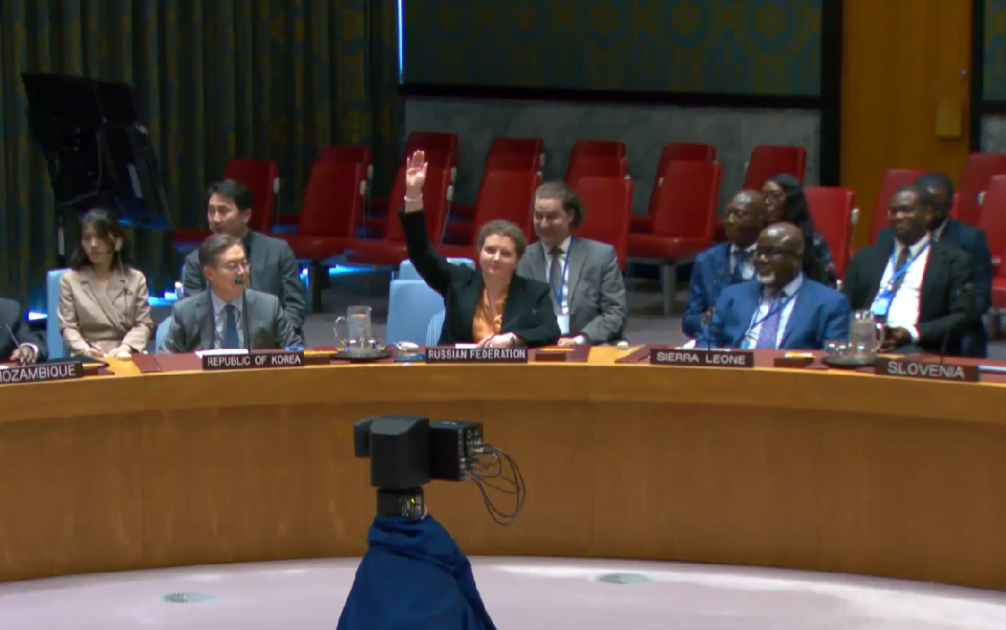Explanation of vote by Deputy Permanent Representative Anna Evstigneeva after the UNSC vote on a draft resolution on renewal of mandate of the UN Mission in South Sudan
Mme.President,
Russia abstained on the US-proposed Security Council draft resolution on mandate renewal of the United Nations Mission in South Sudan.
We have consistently supported the work of UNMISS and its head, Mr. Nicholas Haysom. We believe that the Mission is making a significant contribution to the stabilization of the situation and the further implementation of the Revitalized Agreement on the Resolution of the Conflict in the Republic of South Sudan.
However, we could not agree with a number of American proposals on the expansion of the already complex mandate of UNMISS, exercises in fine-tuning the Mission’s powers with regard to the preparation and convening of elections. It is important to realize that UNMISS is not a pocket gadget, and, what’s more, it is not owned by the penholders.
As we warned during the rollover of the UNMISS mandate on 14 March, the sponsors decided to saturate the text with language pertaining to domestic policy issues. Although many of the language has been softened, it still contains urgent appeals to Juba to quickly organize the political process in the manner the West sees fit. Authors of the draft resolution proposed many of the amendments without any coordination with South Sudanese authorities. The overemphasis on elections has another implication. It turns out that the success of the Mission's work depends on whether or not elections will be held in South Sudan by December 2024, while the Mission cannot and, moreover, should not influence such a decision. In other words, UNMISS is offered to work with its hands tied.
We believe that appeals to the need for the South Sudanese authorities to show due political will are an oversimplification and an attempt to find someone to blame. The problem is that Juba is faced with large-scale tasks. The authorities are focused on not extending the transition period again, and for that to happen, elections must be held.
In the current circumstances, the Council should take into account the efforts of the authorities of South Sudan, a country with young state institutions, to advance the political process. It is crucial to support any solution that is acceptable to the South Sudanese themselves, rather than seeking new grounds for criticism. Of course, such decisions must be inclusive and supported by the population.
The reconfirmed unwillingness of the American penholders of the South Sudanese file to negotiate in good faith with all members of the UN Security Council and abuse of their status for the sake of promoting national interests is yet another indication of the deep crisis in the current institute of "penholdership", which may as well undermine confidence of host countries of UN peace operations in the activities of the peacekeepers. This once again confirms the need for a more equitable distribution of such responsibilities among the members of the Security Council.
Thank you.
